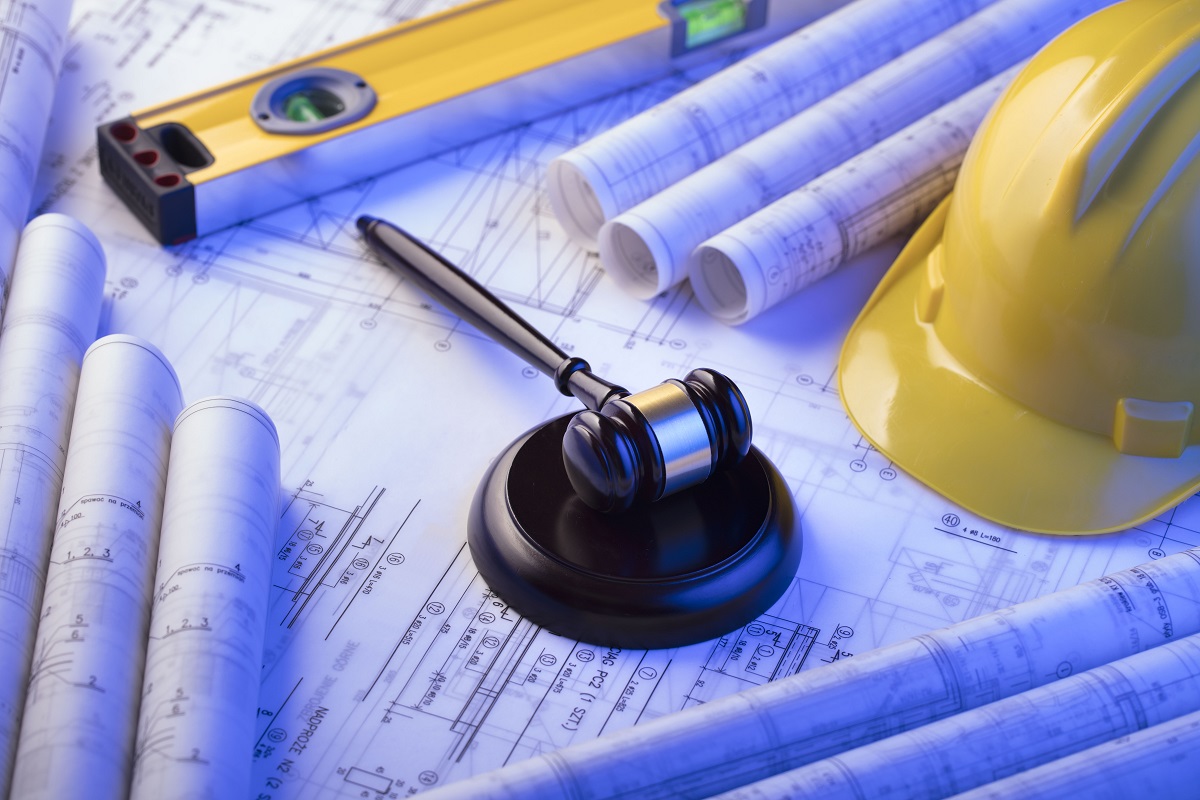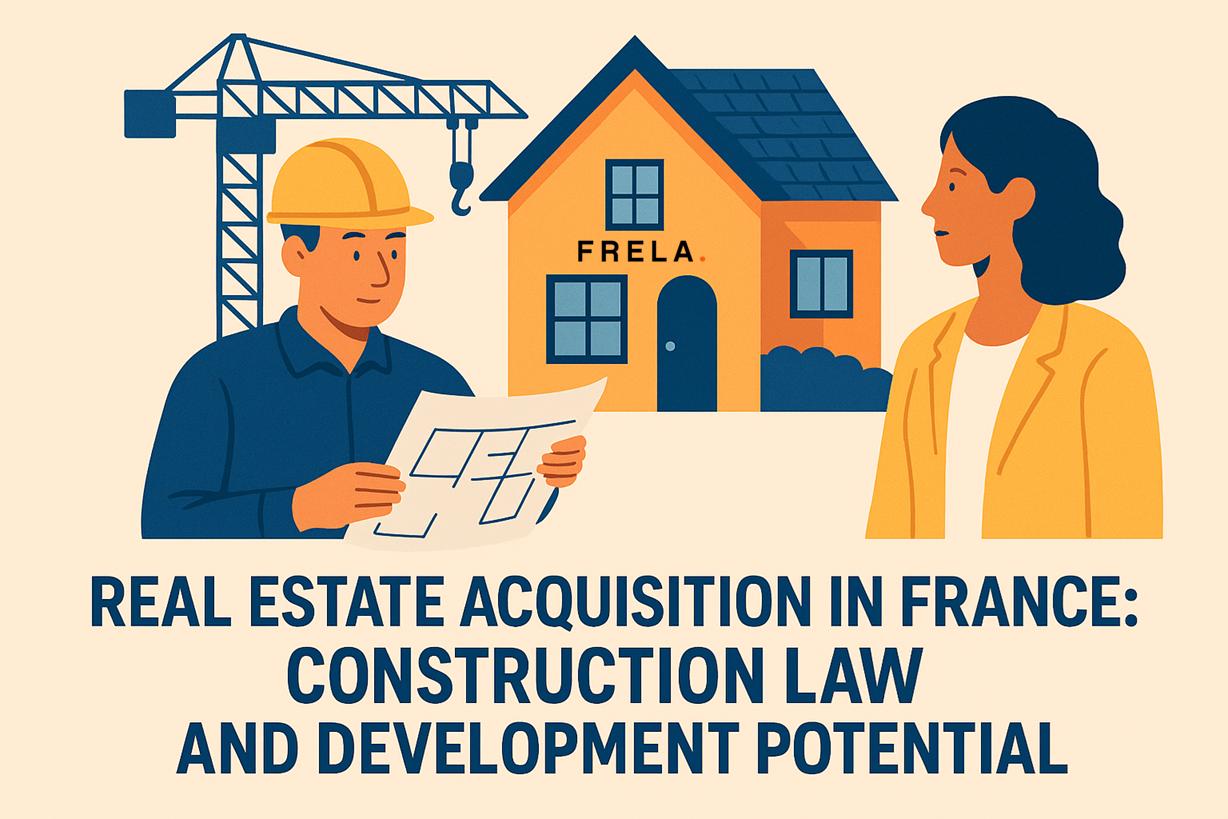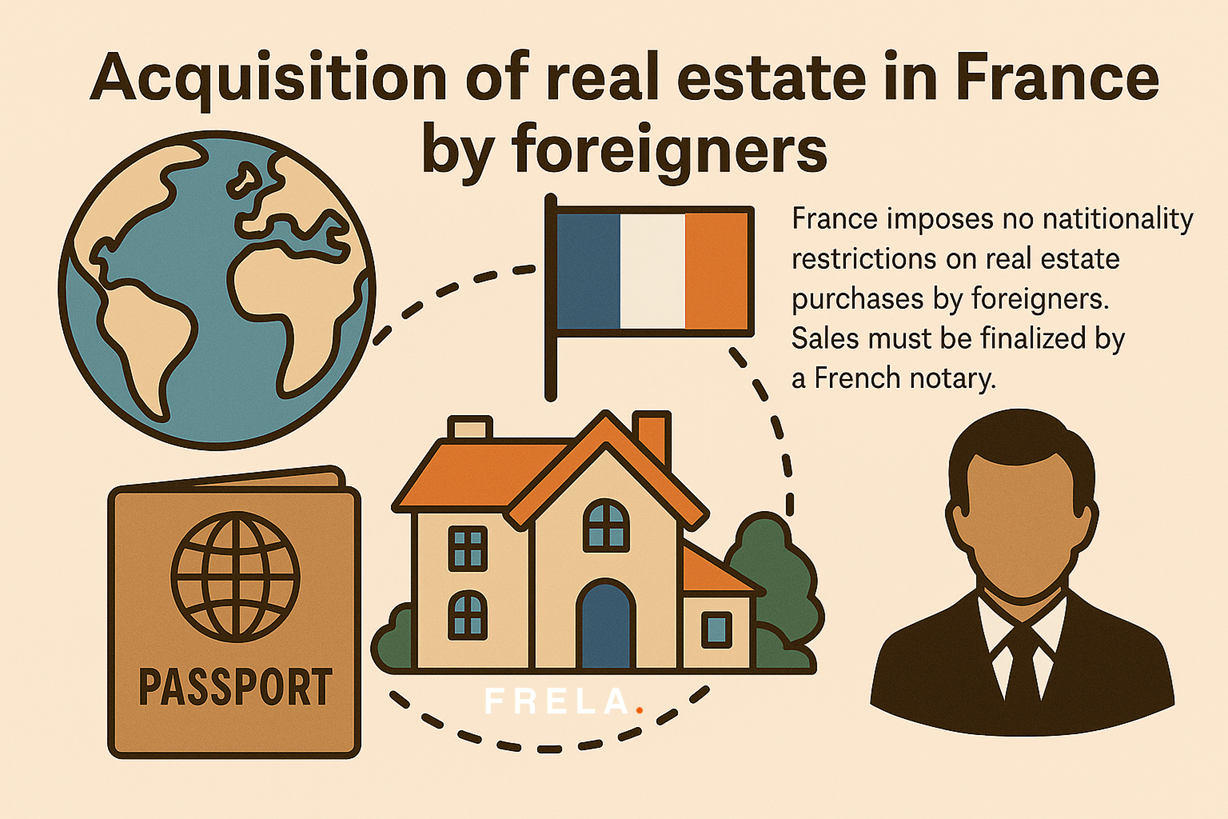French lawyer and Urban Planning Regulation
Urban planning in France is a highly regulated domain, shaped by a complex interplay of national, regional, and local legislation. It is a field where sustainable development, environmental protection, and public interest converge. Lawyers specializing in urban planning regulation play an essential role in navigating this intricate landscape. They assist developers, public authorities, and individuals in interpreting and complying with the rules, ensuring that legal standards are met while safeguarding the rights and interests of all stakeholders.


Urban planning in France is primarily governed by the Code de l’urbanisme, which provides the national framework for land use and development. This code establishes fundamental principles, including the need for environmental preservation, social cohesion, and balanced economic development. At the same time, it delegates substantial decision-making power to local governments. This decentralization results in a multi-layered system of regulations, including regional development plans (Schéma de Cohérence Territoriale or SCoT) and local urban plans (Plan Local d’Urbanisme or PLU), which detail zoning laws and building requirements for municipalities. Specific areas, such as heritage sites, protected natural zones, and coastal or mountainous regions, are often subject to additional regulations. In this layered framework, lawyers act as intermediaries, helping to reconcile competing legal requirements and mediate between various levels of governance.
For private developers, legal counsel is indispensable from the earliest stages of a construction project. Lawyers provide strategic guidance by analyzing local planning documents and regulations to determine whether a proposed project aligns with zoning rules, building height restrictions, and density requirements. They also help navigate the process of securing building permits, one of the most critical and contentious phases of any development. The preparation of these applications requires meticulous attention to detail to ensure compliance with legal requirements and to address potential objections from local authorities or neighboring property owners. Environmental and social assessments, increasingly integral to urban planning, add another layer of complexity. Lawyers collaborate with environmental experts to ensure that projects meet stringent ecological standards and to minimize the risk of legal challenges.
Disputes are a frequent feature of urban development, and lawyers play a crucial role in resolving them. Projects often face legal opposition from competitors, residents, or environmental groups. Legal experts represent developers in administrative courts, defending permits against challenges or appealing unjustified refusals by local authorities. These disputes require a deep understanding of administrative law and a capacity to present convincing arguments that balance private development goals with broader public interests.
On the side of public authorities, lawyers serve as both advisors and advocates. They draft urban planning documents, such as local zoning plans, ensuring that they conform to national
and regional laws while addressing local policy objectives. Public authorities often engage legal counsel to oversee urban renewal initiatives, manage public-private partnerships, and handle land acquisitions. When disputes arise, municipalities may need legal representation to defend their decisions, such as the refusal of a building permit, against appeals brought by developers. In such cases, lawyers must demonstrate that decisions are both legally justified and proportional to the circumstances.
Urban planning decisions also affect citizens, influencing property values, community character, and quality of life. French lawyers frequently represent individuals or associations who seek to challenge projects they perceive as harmful or inappropriate. French law grants individuals with a direct interest in a project—such as property owners whose land adjoins a proposed development—the right to appeal planning decisions. Lawyers assist these clients by articulating their concerns, gathering evidence, and presenting their cases before administrative courts. This ensures that public authorities are held accountable and that local communities have a voice in shaping the development of their environment.
In recent years, urban planning regulation in France has undergone significant changes, reflecting shifts in societal priorities. One major trend is the integration of sustainability principles into planning laws. New regulations mandate energy-efficient building designs, prioritize the preservation of natural spaces, and encourage urban designs that reduce reliance on cars. Lawyers advising developers and municipalities must adapt to these evolving standards, helping clients incorporate green solutions into their projects while meeting legal obligations. Another notable development is the streamlining of administrative procedures. To address concerns about bureaucratic inefficiency, the French government has simplified some planning processes, reducing the number of steps involved in securing permits. While these reforms aim to facilitate development, they also require legal practitioners to stay informed about new rules and their practical implications.
The rise in environmental awareness and activism has also led to an increase in litigation over urban planning decisions. Legal challenges are becoming more common, requiring lawyers to navigate disputes that are as much about public relations as they are about legal precision. These trends underscore the dynamic nature of urban planning law and the essential role of lawyers in helping clients anticipate and respond to these changes.
The work of a French lawyer in urban planning regulation requires constant balancing. Developers, while pursuing their projects, must respect the law and address community concerns. Public authorities, entrusted with implementing policy, must ensure transparency and fairness. Citizens, exercising their rights to challenge planning decisions, must avoid frivolous or obstructive litigation. Lawyers mediate these interactions, ensuring that competing interests are reconciled within the bounds of the law.
French lawyers do more than resolve conflicts; they actively shape urban landscapes. Through strategic advice, effective advocacy, and innovative problem-solving, they contribute to creating cities and communities that are legally compliant, environmentally sustainable, and socially inclusive. By helping developers, municipalities, and citizens navigate the complexities of urban planning regulation, they play a central role in shaping the future of French urban environments.
About the Author :
Business lawyers, bilingual, specialized in acquisition law; Benoit Lafourcade is co-founder of Delcade lawyers & solicitors and founder of FRELA; registered as agents in personal and professional real estate transactions. Member of AAMTI (main association of French lawyers and agents).
FRELA : French Real Estate Lawyer Agency, specializing in acquisition law to secure real estate and business transactions in France.
Paris, 15 rue Saussier-Leroy, Paris
Bordeaux, 24 Rue du manège, 33000 Bordeaux
Lille, 40 Theater Square, 59800 Lille

This article is provided for general information only and may not reflect the most recent legal or tax developments. It does not constitute legal advice. Please contact us for personalised guidance before making any decision.




